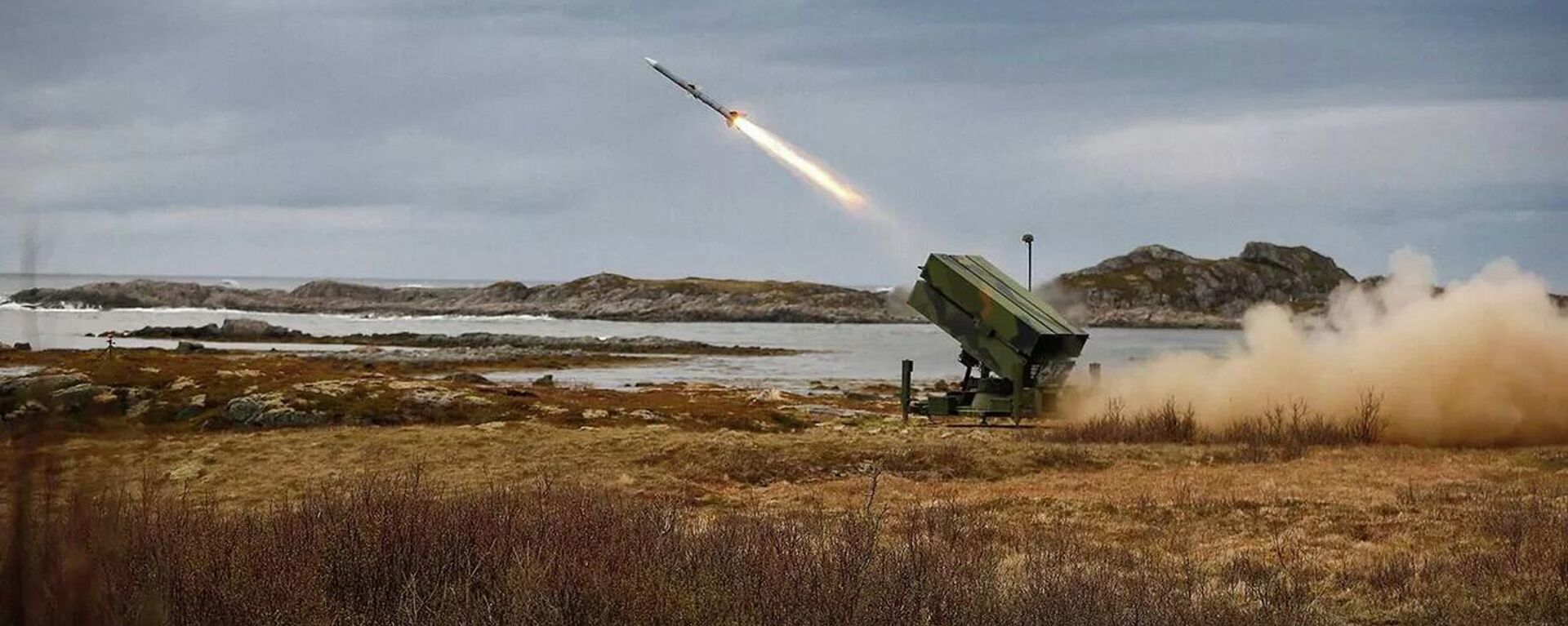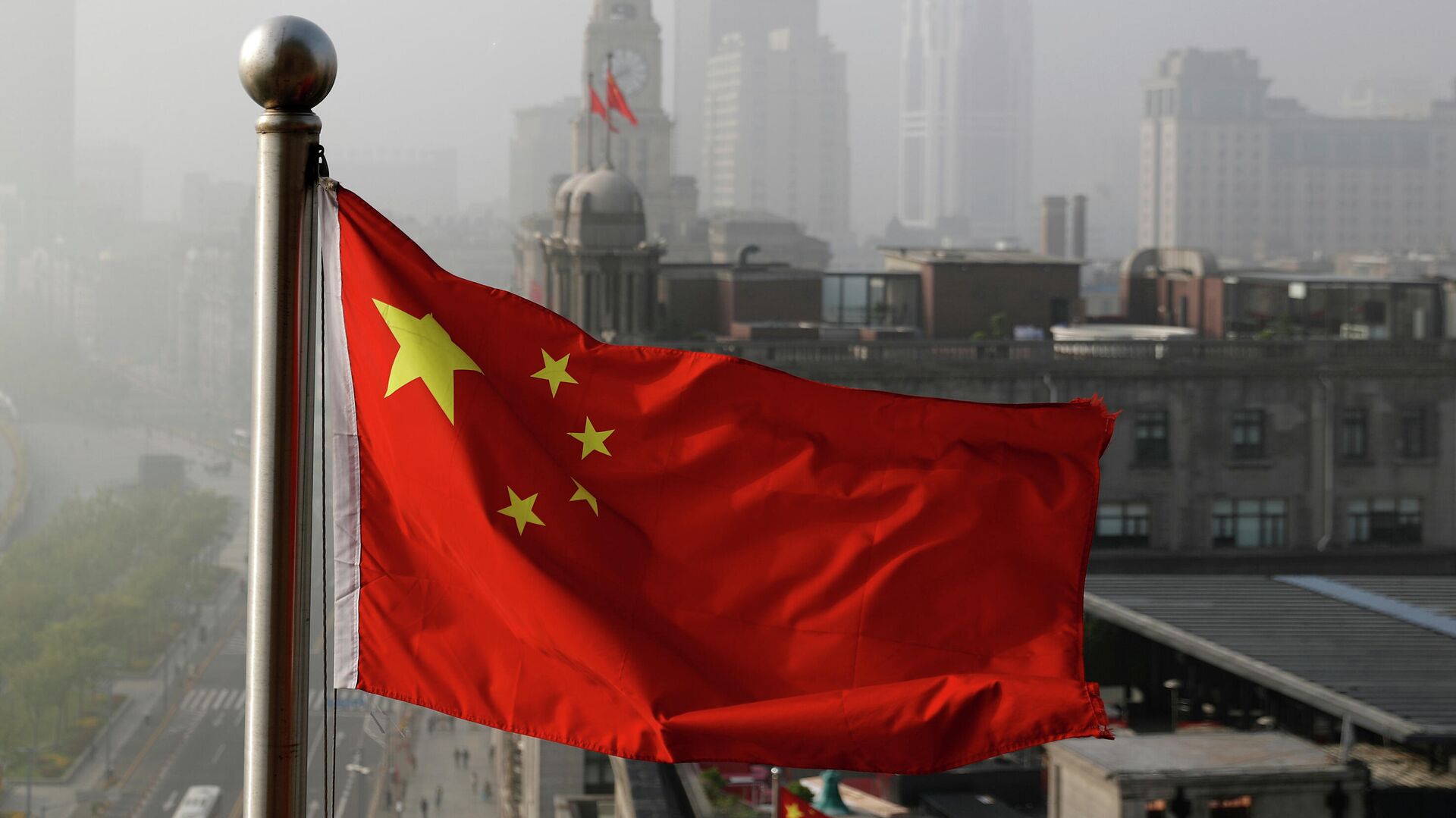https://sputnikglobe.com/20241115/china-warns-us-to-avoid-sending-false-signals-over-taiwan-relations-1120893306.html
China Warns US to Avoid Sending 'False Signals' Over Taiwan Relations
China Warns US to Avoid Sending 'False Signals' Over Taiwan Relations
Sputnik International
China calls on the United States not to allow the transit of Taiwan's Chief Executive Lai Ching-te on his way to the Pacific Islands nations, the spokesperson of the Chinese Foreign Ministry said on Friday.
2024-11-15T09:43+0000
2024-11-15T09:43+0000
2024-11-15T09:43+0000
world
china
taiwan
beijing
chinese foreign ministry
us-china relations
bilateral relations
relations
https://cdn1.img.sputnikglobe.com/img/07e6/03/0d/1093840705_0:320:2949:1978_1920x0_80_0_0_c4614f19d1579cc68e486209bc547cdc.jpg
"We urge the United States to adhere to the One China principle and the provisions of the three Sino-US Joint Communiques, not to allow the transit of Lai Ching-te, and not to send false signals to forces advocating for Taiwan's independence. We call for practical actions to protect Sino-American relations, as well as peace and stability in the Taiwan Strait," Lin Jian told a news briefing. Several media reported that Lai Ching-te might make stops in Hawaii and Guam during his upcoming tour of Pacific Islands nations, some of which are Taipei's diplomatic allies, rather than China's. The Taiwanese leader is expected to visit the Marshall Islands, Tuvalu and Palau. Taiwan currently has 12 diplomatic allies — Paraguay, Belize, Guatemala, Haiti, the Marshall Islands, Palau, Saint Kitts and Nevis, Saint Lucia, Saint Vincent and the Grenadines, Eswatini, Tuvalu, and the Vatican — with which it maintains relations through economic and cultural offices. Taiwan used to have more allies but many have opted to establish official relations with China in recent years, including El Salvador, the Dominican Republic, Burkina Faso, Panama, Kiribati, the Solomon Islands, and Nicaragua. Official relations between the central government of China and its island province were severed in 1949 after Kuomintang forces lost a civil war to the Chinese Communist Party and moved to the island. Business and informal contacts between Taipei and Beijing resumed in the late 1980s. Since the early 1990s, they have engaged through non-governmental organizations, including the Beijing-based Association for Relations Across the Taiwan Strait and the Taipei-based Straits Exchange Foundation. Beijing considers Taiwan to be an integral part of China, and adherence to the 'One China' principle is a mandatory condition for other countries wishing to establish or maintain diplomatic relations with China. The United States officially adheres to the One China policy and does not recognize Taiwan's independence, despite supplying weapons to the island. Beijing describes Taiwan as the most sensitive issue in its relations with Washington.
https://sputnikglobe.com/20241026/state-department-approves-116-billion-sale-of-nasams-equipment-to-taiwan---pentagon-1120681756.html
china
taiwan
beijing
Sputnik International
feedback@sputniknews.com
+74956456601
MIA „Rossiya Segodnya“
2024
Sputnik International
feedback@sputniknews.com
+74956456601
MIA „Rossiya Segodnya“
News
en_EN
Sputnik International
feedback@sputniknews.com
+74956456601
MIA „Rossiya Segodnya“
Sputnik International
feedback@sputniknews.com
+74956456601
MIA „Rossiya Segodnya“
china calls on the united states, transit of taiwan's chief executive lai ching-te, chinese foreign ministry
china calls on the united states, transit of taiwan's chief executive lai ching-te, chinese foreign ministry
China Warns US to Avoid Sending 'False Signals' Over Taiwan Relations
BEIJING (Sputnik) - China calls on the United States not to allow the transit of Taiwan's Chief Executive Lai Ching-te on his way to the Pacific Islands nations, the spokesperson of the Chinese Foreign Ministry said on Friday.
"We urge the United States to adhere to the One China principle and the provisions of the three Sino-US Joint Communiques, not to allow the transit of Lai Ching-te, and not to send false signals to forces advocating for
Taiwan's independence. We call for practical actions to protect Sino-American relations, as well as peace and stability in the Taiwan Strait," Lin Jian told a news briefing.
Several media reported that Lai Ching-te might make stops in Hawaii and Guam during his upcoming tour of Pacific Islands nations, some of which are Taipei's diplomatic allies, rather than China's. The Taiwanese leader is expected to visit the Marshall Islands, Tuvalu and Palau.
"The One China principle is a common consensus of the international community. The use of so-called diplomatic allies by the Taiwanese authorities for political manipulation and provocations in pursuit of independence will not succeed," Lin Jian said.
Taiwan currently has 12 diplomatic allies — Paraguay, Belize, Guatemala, Haiti, the Marshall Islands, Palau, Saint Kitts and Nevis, Saint Lucia, Saint Vincent and the Grenadines, Eswatini, Tuvalu, and the Vatican — with which it maintains relations through economic and cultural offices. Taiwan used to have more allies but many have opted to establish official relations with China in recent years, including El Salvador, the Dominican Republic, Burkina Faso, Panama, Kiribati, the Solomon Islands, and Nicaragua.

26 October 2024, 05:04 GMT
Official relations between the central government of China and its island province were severed in 1949 after Kuomintang forces lost a civil war to the Chinese Communist Party and moved to the island. Business and informal contacts between Taipei and Beijing resumed in the late 1980s. Since the early 1990s, they have engaged through non-governmental organizations, including the Beijing-based Association for Relations Across the Taiwan Strait and the Taipei-based Straits Exchange Foundation.
Beijing considers Taiwan to be an integral part of China, and adherence to the 'One China' principle is a mandatory condition for other countries wishing to establish or maintain diplomatic relations with China. The United States officially adheres to the One China policy and does not recognize Taiwan's independence, despite supplying weapons to the island. Beijing describes Taiwan as the most sensitive issue in its relations with Washington.



